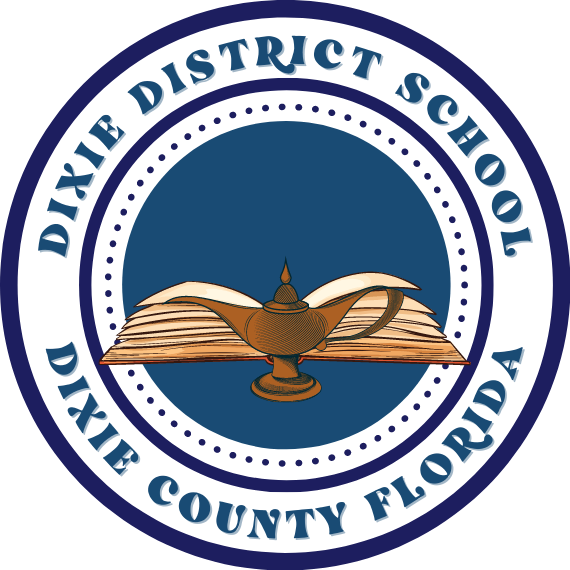CHAPTER 6.00 - PERSONNEL
6.38 Employee Discipline Policy
I. Purpose
The purpose of this policy is to achieve the effective operation of the school district’s programs through the cooperation of all employees under a system of policies and rules applied fairly and uniformly. All employees shall be treated on a fair and equitable basis in the administration of disciplinary measures.
II. General Statement of Policy
The disciplinary process described herein is designed to utilize progressive steps, where appropriate, to produce positive corrective action. In dealing with deficiencies in employee work performance or conduct, progressive discipline shall be administered except in situations where immediate steps must be taken to ensure student/staff safety. While the school district intends that in most cases progressive discipline will be administered, the specific form of discipline chosen in a particular case and/or the decision to impose discipline in a manner otherwise, is solely within the discretion of the school district. Progressive discipline may include, but is not limited to, informal discussion, verbal warning, written reprimand, enrollment in professional skills enhancement programs, suspension without pay, demotion, change in contract status or termination of employment.
III. Discipline
A. Violation of School Laws and Rules: The form of discipline imposed for violations of school laws and rules may vary from an oral reprimand to termination of employment or discharge depending upon factors such as the nature of the violation, whether the violation was intentional, knowing and/or willful and whether the employee has been the subject of prior disciplinary action of the same or a different nature. School laws and rules to which this provision applies include:
1. policies of the school board;
2. directives and/or job requirements imposed by administration and/or the employee’s supervisor; and
3. federal, state and local laws, rules and regulations, including, but not limited to, the rules and regulations adopted by federal and state agencies.
B. Substandard Performance: An employee’s substandard performance may result in the imposition of discipline ranging from an oral reprimand to termination of employment or discharge. In most instances, discipline imposed for the reason of substandard performance will follow a progressive format and will be accompanied by guidance, help and encouragement to improve from the employee’s supervisor and reasonable time for correction of the employee’s deficiency.
C. Misconduct: Misconduct of an employee will result in the imposition of discipline consistent with the seriousness of the misconduct. Conduct which falls into this category includes, but is not limited to:
1. unprofessional conduct;
2. failure to observe rules, regulations, policies and standards of the school district and/or directives and orders of supervisors and any other act of an insubordinate nature;
3. continuing neglect of duties in spite of oral warnings, written warnings and/or other forms of discipline;
4. personal and/or immoral misconduct;
5. use of illegal drugs, alcohol or any other chemical substance on the job or any use off the job which impacts on the employee’s performance;
6. deliberate and serious violation of the rights and freedoms of other employees, students, parents or other persons in the school community;
7. activities of a criminal nature relating to the fitness or effectiveness of the employee to perform the duties of the position;
8. failure to follow the canons of professional and personal ethics;
9. falsification of credentials and experience;
10.knowingly violating the school safety requirements;
11.unauthorized destruction of school district property;
12.other good and sufficient grounds relating to any other act constituting inappropriate conduct;
13.neglect of duty;
14.violation of the rights of others as provided by federal and state laws related to human rights.
IV. Forms of Discipline
A. The forms of discipline that may be imposed by the school district include, but are not limited to:
1. verbal warning;
2. written warning or reprimand;
3. probation;
4. disciplinary suspension, demotion or leave of absence with pay; 5. disciplinary suspension, demotion or leave of absence without pay; and 6. dismissal/termination or discharge from employment.
B. Other forms of discipline, including any combination of the forms described in paragraph A above, may be imposed if, in the judgment of the administration, another form of discipline will better accomplish the school district’s objective of stopping or correcting the offending conduct and improving the employee’s performance.
C. The school district retains the right to immediately discipline, terminate or discharge an employee as appropriate, subject to relevant governing law and collective bargaining agreements where applicable.
STATUTORY AUTHORITY: 1001.41; 1011.42, F.S.
LAWS IMPLEMENTED: 1001.51(7) & (12), 1006.07, 1012.27(5), 1012.31, 1012.33, 1012.796, F.S.
History: Adopted: October 8, 2024
Revision Date(s):
Formerly: NEW

Located in Cross City, Florida
Contact
Main Number
(352)541-6250
Superintendent’s Office
(352)541-6231
Digitally Designed by BramJam, LLC

